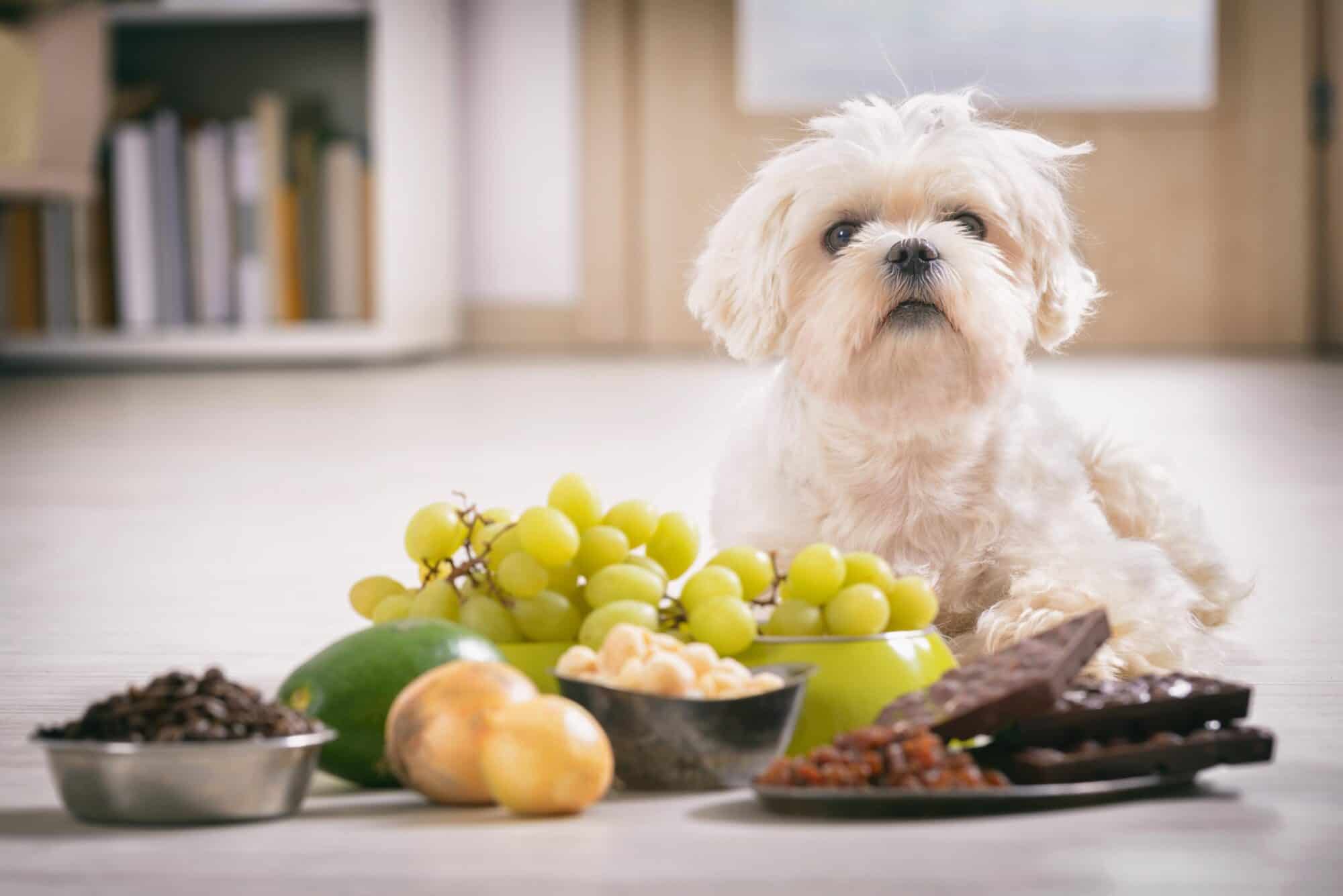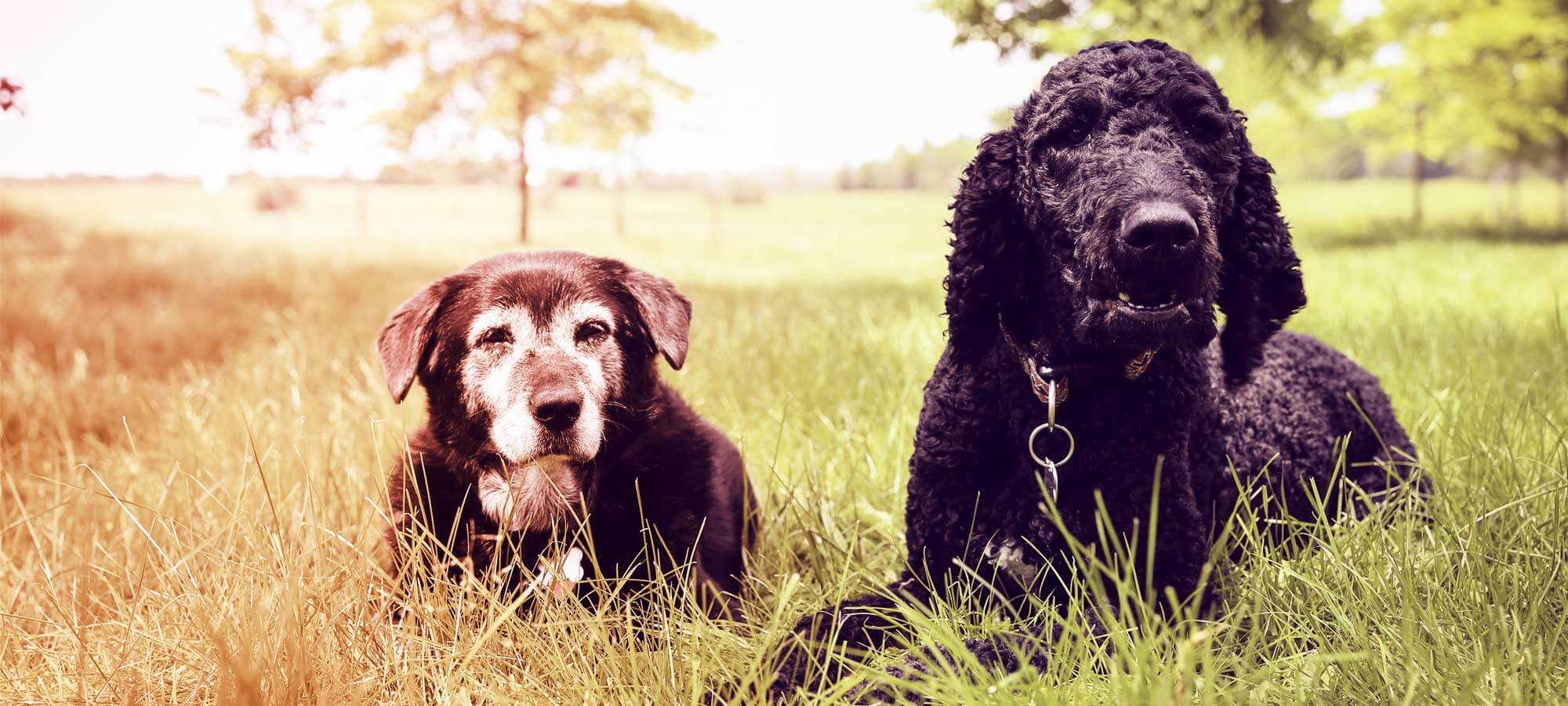Protecting Pets: Thunder Bay Urgent Care’s Guide to Poison Prevention Month

March is National Pet Poison Prevention Month, and to help raise awareness for common pet toxins lurking right under our noses, the team at Switzer Veterinary Clinic has put together a primer focused on preventing accidental pet poisoning.
Medications Made for People
Each year the ASPCA Animal Poison Control Center receives the most calls regarding the ingestion of human medications, including the following over the counter and prescription drugs. Always make sure these medications are secured in cabinets out of the reach of pets:
- Ibuprofen and acetaminophen
- Cold and flu treatments
- Herbal supplements and vitamins
- Joint rubs
- Anticonvulsants
- Antidepressants
- Heart medications
Veterinary Prescriptions
Just because your pet has a prescription for a medication doesn’t mean it’s safe if your pet consumes a large amount. Since many medications made for pets contain flavoring to make them more enticing, it’s important to keep them in a secure place where your pet can’t find them.
Toxic Food for Pets
Preventing accidental pet poisoning isn’t just about obvious hazards like chemicals and medications. There are many foods people enjoy every day that are toxic—potentially even deadly—for pets to consume. If you suspect that your pet has eaten any of these foods, contact the nearest urgent care veterinarian or call the ASPCA Animal Poison Control Center right away for further instructions:
- Alcohol
- Avocadoes
- Chocolate
- Grapes and Raisins
- Garlic, onions, chives
- Nuts
- Raw or undercooked meat
- Yeast dough
- Xylitol (often found in sugar-free products like peanut butter and chewing gum)
Some Plants and Pets Don’t Mix
Your garden, indoor pots, and even flower bouquets could pose a threat to your pet’s health. The ASPCA maintains a comprehensive list of toxic and nontoxic plants. Here are some common culprits:
- Aloe
- Easter Lilies
- Azalea
- Rhododendron
- Cyclamen
- Daffodils
- Dieffenbachia (dumb cane)
- Oleander
- Tulips
- Sago palm
Household Pet Safety
Other considerations when it comes to preventing accidental pet poisoning are household items like cleaners, cosmetics, and home improvement products. Some of these substances have inviting odors or come in colorful packages that can attract the attention of curious cats and canines.
These household items are common pet toxins that pose a serious risk to pet safety:
- House paints (interior and exterior) and construction adhesives
- Skincare produces like sunscreen, soap, topical analgesics for muscle pain like Biofreeze
- Household cleaning products containing bleach or ammonia; air fresheners with phthalates; disinfectants that contain benzalkonium chloride
- Lawn and garden items like fertilizer, insecticide, and pesticides
- Antifreeze
Preventing Accidental Pet Poisoning
Pet poison prevention begins with staying informed about common pet toxins and practicing household pet safety, which includes keeping harmful substances away from pets, promptly cleaning up spills, and choosing pet-safe cleaning products and plants whenever possible. Seek help immediately if you think your pet has eaten a toxic substance.
Please contact our team if you have any questions about common pet toxins. We’re here to help!

